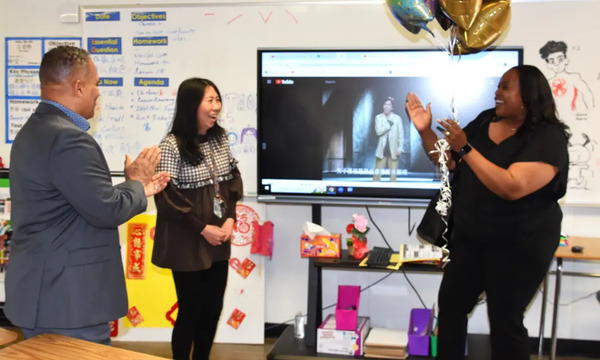In the quest to be cool, are some Christians losing sight of what really matters about their faith?
So asks Biola student and staff member Brett McCracken in his new book, Hipster Christianity: When Church and Cool Collide, which has been garnering attention from numerous national media outlets in recent weeks.
Since its release in August, the book — which looks, in part, at efforts to make Christianity more appealing to young people — has spawned related articles in such publications as the Wall Street Journal, CNN.com and The New Yorker. McCracken also wrote the cover story for the September 2010 issue of Christianity Today, titled, “The Ironic World of Hipster Faith.”
In the book, McCracken — managing editor of Biola Magazine and a part-time graduate student at Biola’s Talbot School of Theology — profiles a growing subculture of young evangelicals he calls “Christian hipsters,” and examines their impact on the church today. Relying upon years of observation and research (including dozens of interviews and an international tour of “hipster churches”), McCracken lays out some of the distinguishing characteristics of these young believers, looking at everything from their theology and church practices to their fashion and music.
The discussion ultimately leads him to the question of what it means to be cool, and whether it’s possible for churches and individuals to simultaneously pursue Christ and “cool” status.
“If we assume cool necessarily connotes the notion of being elite, privileged and somehow better than the masses,” he writes, “how can we reconcile the idea with that of Christianity, which seems to beckon us away from self-aggrandizement or pride of any kind?”
McCracken hopes that the discussion will cause Christians to examine whether the self-focused desire to be cool is distracting them from their higher calling and purpose to live out the gospel.
“Part of my goal in writing this book is to make people uncomfortable,” he writes in the book. “I want Christians to feel the dissonance, ask questions, and think deeply about their identity and place in contemporary culture.”
A panel discussion on the book and the issues it raised will be held at Biola in November.
For more information, Jenna Bartlo, Media Relations Coordinator, can be reached at (562) 777-4061 or through email at jenna.l.bartlo@biola.edu.
 Biola University
Biola University